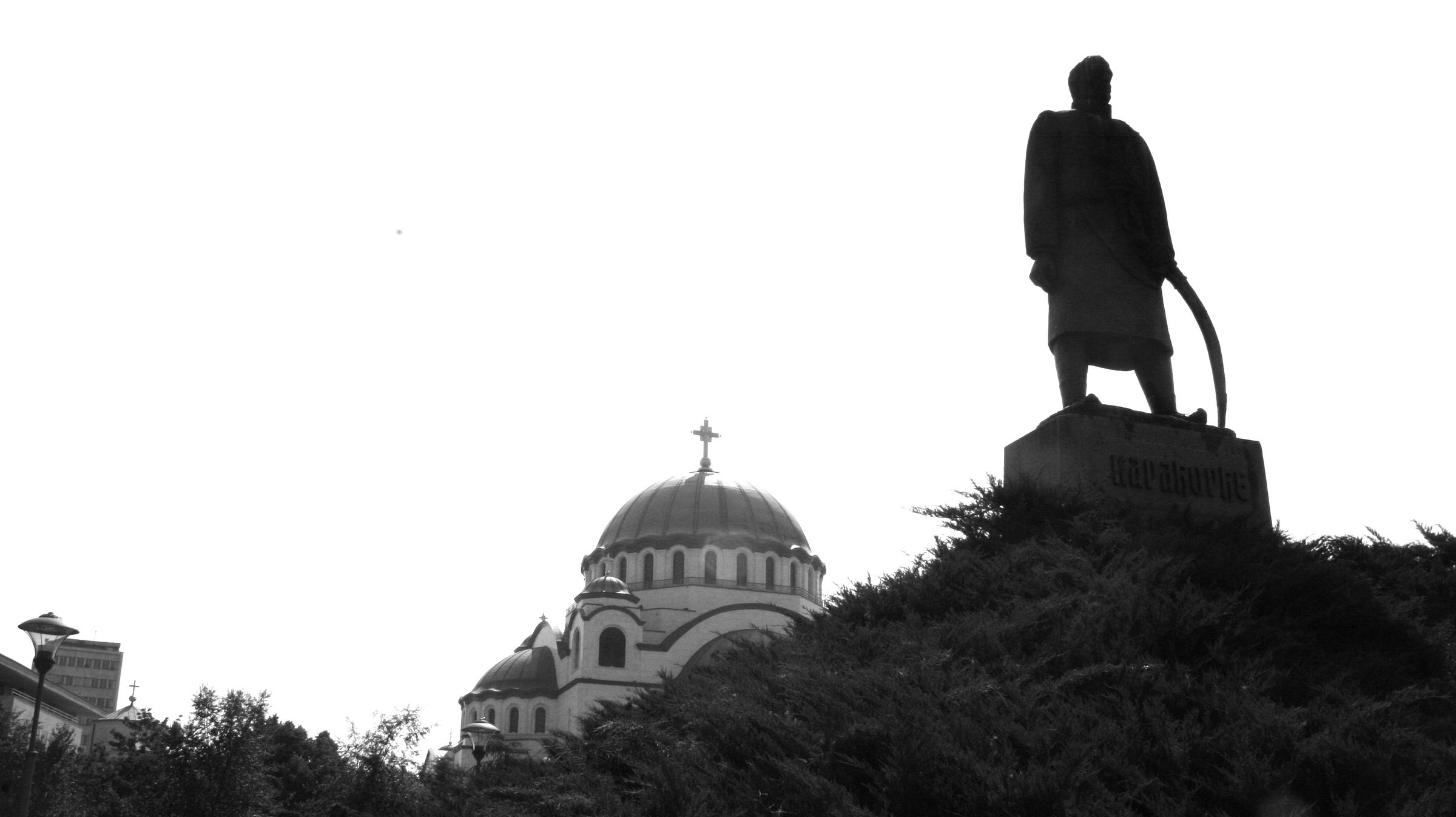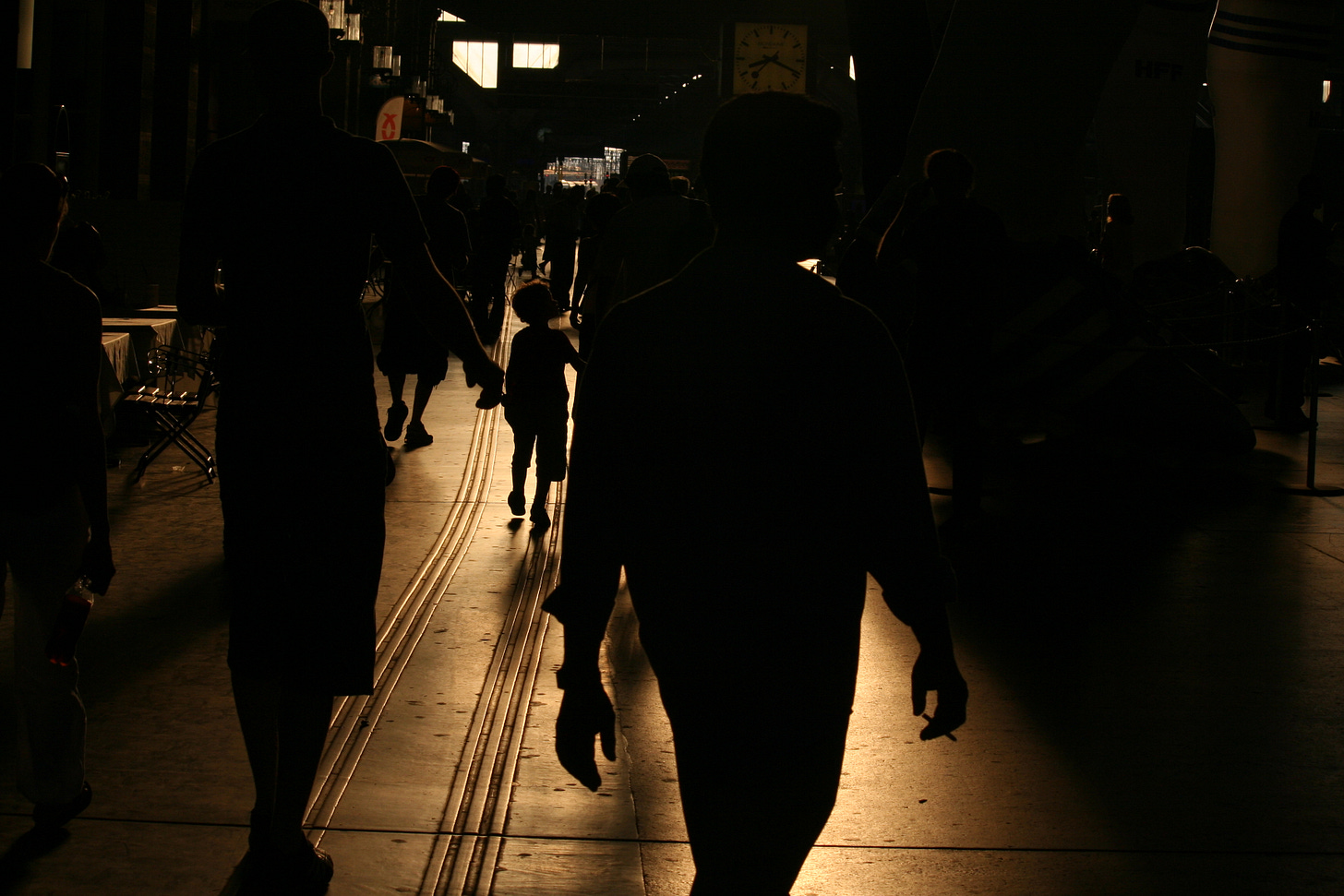Humiliation
29 March 2024. Polish prime minister, Donald Tusk, states that Europe is in ‘a pre-war era’.
2018 The classic documentary The Long Road to War is released. It covers the years before WWI, deploying an eclectic array of academics to uncover the secret machinations, childish greed and catastrophic hubris of a small group of middle-aged men with preposterous facial hair and chests full of unearned medals who deliberately plunge Europe into the most devastating conflict the world has yet seen to the benefit of no one, not even themselves. Most of all it reveals how humiliation, or more precisely, perceived humiliation, can drive humanity over the cliff edge. The programme is directed by Miloš Škundrić, who brings a particular Serbian slant to the story. The first cannon shots in the war were aimed at Serbia, a country that had defied the Ottoman Empire, then the Austro-Hungarian Empire, both of whom wanted to gobble up vast swathes of the Balkans and were outraged by any opposition. Neither of these two empires would survive the war, with consequences that still reverberate.
June 2008 I travel through Europe by train with my son Conor, then aged 16.
The night train from Budapest to Belgrade is not busy. It clanks along quite slowly, a Soviet-era relic with toilets that drop directly on to the track below. I stand in the corridor with Conor and watch darkness fall over the yellow mountains. It's hot, but the windows are open to let in the breeze. There is a young Chinese couple who are very excited to be on an adventure, without a guide. They have taken the momentous decision to avoid the usual Chinese tour group holiday, the ones that do 21 countries in 14 days, and go it alone. "Greece," she says. "I want Greece."
The conductress arrives to check tickets. "Serbia is very beautiful," she says, "Don't believe what they say in the press."
"Greece," says the Chinese girl, laughing, "I want Greece."
The conductress is, of course, Serbian, but what interests me is her unelicited defensive comment. Who says Serbia is not beautiful? Do they really say that? And perhaps more to the point, do Serbians believe 'they' really say it?
At the Hungarian border, the guards kick open the door to our compartment. Conor sleeps on. Half an hour later a Serbian guard knocks politely, and when he hands back the passports, he smiles: "Welcome to Serbia."
In the next compartment, however, I can hear raised voices. "Where is your visa for Serbia?"
"I want Greece," says the girl, no longer laughing. "I not want Serbia. I want Greece."
But the Chinese couple have made a dreadful error and are unceremoniously kicked off the train at some godforsaken unlit backcountry station. I wave to them from the window, standing there with their two pink wheelie bags. They have yet to realise that their adventure has just started. They look hurt and dejected, like they've been kicked in the Balkans.
In the morning we cross the Danube, then the Sava River. From somewhere to our right the first shots of the First World war were fired from an Austrian gunboat on the 29th July, 1914, one month after the teenage Gavrilo Princip had assassinated Archduke Franz Ferdinand in Sarajevo. Back in Vienna, the Emperor Franz Josef had known what the consequences of bombarding Belgrade would be because the Germans had told him. Russia would support Serbia; France would support Russia; Germany would attack France, via Belgium; the British who would support France. Franz Josef would die before it ended, from a cold, not wounds.
Our train terminates at Belgrade. The city is scruffy. There is graffiti everywhere: 'Your God is dead' and a date, '1389'. I have to look this up. In 1389 the entire Serbian aristocracy was wiped out at the Battle of Kosovo against the Ottoman Turks. This catastrophic defeat is the lynchpin of Serbian history, a bit like the Battle of Hastings for British people. The moment when everything changes. I have to admit, however, that I've never seen 1066 used in graffiti.
We catch a tram to the market, hoping to get some communist memorabilia. We find banknotes with Lenin's profile and red star cap badges. Conor is happy. He is less impressed when we sit down in a restaurant for lunch. The menu includes several local delicacies, their names translated into English with brutal directness:
"Bowels"
"I don't want that, Dad."
"How about, Glands?"
"No thanks."
"Young bull's sex glands?"
Conor has spaghetti with tomato sauce. I toy with the idea of stealing a copy of the menu, but decide against it. The waitress is too scary.
After lunch we go to the military museum which contains a sobering array of killing equipment, starting with the ancient Greeks and finishing with NATO. The latter organisation bombed Belgrade in 1999 which perhaps explains why we see few other tourists. The history is stark. Serbia has been pummelled by large, aggressive neighbours for centuries. Everyone has had a go. Humiliation piled on humiliation.
At the end of the day, we have to catch the train to Skopje in what is officially termed, the Former Yugoslav Republic of North Macedonia. In Belgrade station the train waits. It is another old communist era relic. We are not allowed to board, so we stand waiting. A wheeltapper comes along, rapping the wheels with a long-handled hammer and making notes in a school exercise book. A station master in uniform is guarding the carriage door, preventing entry.
The minutes drag by. Conor starts squirming.
"Why are you squirming."
"Dad."
"Stop squirming."
"I need the loo."
I glance up and down the station. There are no toilets to be seen. The stationmaster has been distracted by a question from another passenger.
"Just get on to the train... Quietly, okay? Then use the loo inside."
Conor strolls nonchalantly away, then with admirable schoolboy stealth, steps closer to the carriage and sneaks back behind the distracted official. He climbs the steps and disappears through the open door. I breathe a sigh of relief - until I realise that the train bathroom is directly behind the official. A deathly hush falls over Belgrade. I think of picking up our bags and moving away, but I am rooted to the spot. All the elements of a diabolical catastrophe are now in place: stiff uniformed officialdom, an outdated bureaucracy with a simplistic toilet system, anarchical youth, and several thousand years of cultural misunderstanding.
There is a gush of water through the hole in the bathroom floor . The British ultimatum has been delivered.
But the station master appears not to notice. He frowns, his moustache twitches. The clock hits the hour. He raises a whistle to his lips and blows, then walks away. I snatch up our luggage and climb aboard.






Stories within stories, sprinkled with British humour.